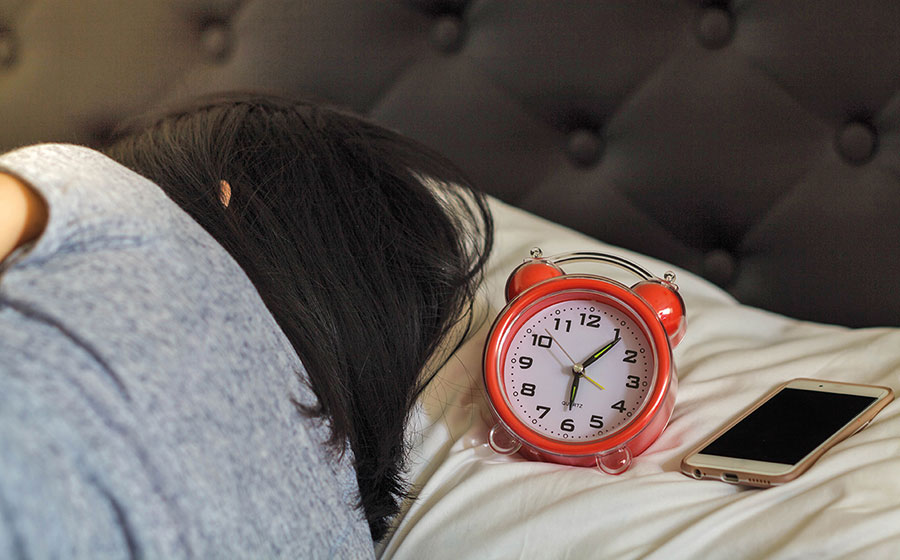Menopause Matters Magazine
•IMPROVING SLEEP•

Sleep disturbance is a common problem for menopausal women.
To celebrate National Sleep Awareness Month here's some tips on how to get the best night's sleep.
Tips for improving sleep long-term
General:
- Go to bed and get up at a regular time. Routine is very important for establishing a good sleep pattern. Establishing and sticking to set times may take a few weeks so bear that in mind.
- Ideally avoid having a nap in the day. If you do, make it no more than 30-40 minutes in the early afternoon.
- Exercise regularly but don't over do it within 2 hours of going to bed.
- Get to know what sleep you need. The average is 6-8 hours but this does vary for individuals and reduces as you age.
- Other factors can of course interfere with sleep including physical symptoms, other than those associated with the menopause. If you are taking medication for other reasons ensure you take them at the time of day they are prescribed for.
Before going to bed:
- Get yourself into a routine, perhaps have a warm bath or do some light reading.
- Avoid going to bed when you're too hungry or too full. A light snack is OK.
- Have your last caffeine drink in the late afternoon/evening, including any fizzy drinks or chocolate.
- Alcohol does not help you to sleep so best avoided if you can.
Your environment:
- Ensure your bedroom has a restful feel. Ideally the room should be cool but not cold and screen out as much noise and light as is practical for you.
- Get comfy! Good bedding and a good mattress are essentials.
- Use your bedroom just for sleep and sex!
- Avoid watching TV in bed or using your laptop and/or phone. If you wake up in the night:
- If you just can't get back to sleep after 20 minutes get up and go into another room. Try doing something quiet and once you begin feel to feel sleepy go back to bed.
- Don't clock watch or sit in front of the TV.
- It may be hard but if you have worries or problems try hard not to focus on them during this quiet time.
Link: » Read more about thinking and advice on Sleep and the Menopause.
